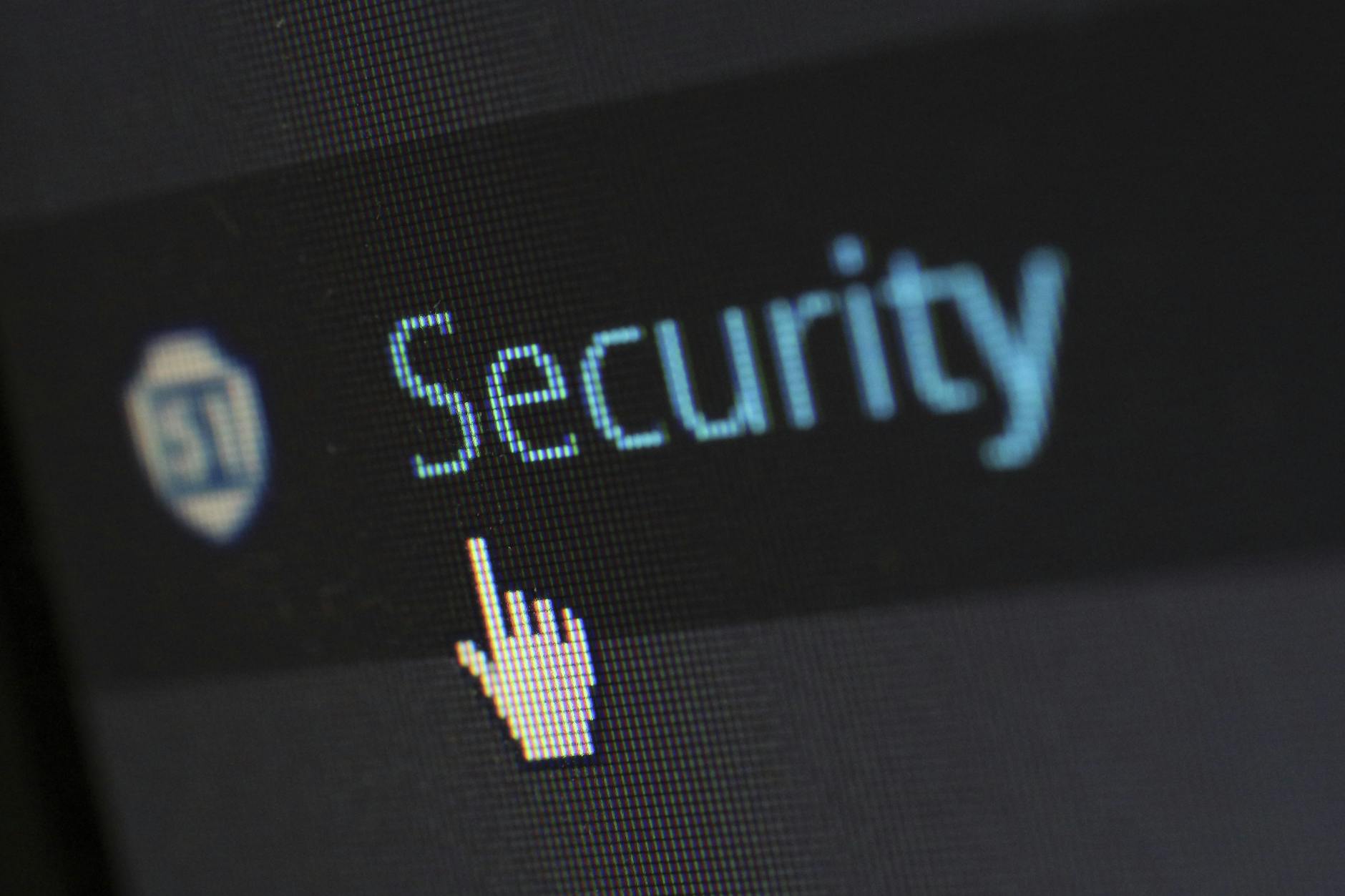
Multi-Factor Authentication: Why It’s Your Digital Bodyguard in 2025
Picture this: You wake up to an email notification saying your bank account was just emptied. Your stomach drops. You never gave anyone your password—so how did this happen? The answer? A single layer of security just isn’t enough anymore. That’s where multi-factor authentication (MFA) comes in—your digital bodyguard against cybercriminals. By the end of this post, you’ll not only understand why MFA is non-negotiable in 2025 but also how to implement it like a pro.
What Is Multi-Factor Authentication (MFA)?
Multi-factor authentication is like a bouncer checking multiple forms of ID before letting you into an exclusive club. Instead of just asking for a password (something you know), MFA requires at least one more verification method, such as:
- Something you have (e.g., a smartphone, security token)
- Something you are (e.g., fingerprint, facial recognition)
- Something you do (e.g., behavioral biometrics like typing speed)
I remember the first time I enabled MFA for my email. It felt like a hassle—until a colleague’s account got hacked because they relied solely on a password. That extra step? Totally worth it.
Why MFA Is No Longer Optional
Passwords alone are about as secure as a screen door on a submarine. Here’s why MFA is a must in 2025:
1. Passwords Are Broken (Literally)
81% of hacking-related breaches involve weak or stolen passwords. Even if you use a password manager (and you should), MFA adds an extra layer of armor.
2. Cybercriminals Are Getting Smarter
Phishing, brute-force attacks, and credential stuffing are evolving. MFA stops most automated attacks dead in their tracks.
3. Compliance Is Catching Up
Regulations like GDPR and CCPA now recommend—or outright require—MFA for sensitive data. Ignoring it could mean fines or legal trouble.
2025 MFA Trends You Can’t Ignore
The future of MFA is exciting (and slightly sci-fi). Here’s what’s coming:
- Passwordless Authentication: Biometrics and hardware keys will replace passwords entirely.
- AI-Powered Adaptive MFA: Systems will analyze login behavior in real-time to adjust security requirements.
- Decentralized Identity: Blockchain-based MFA will give users more control over their digital identities.
I recently tested a beta version of AI-driven MFA that flagged a login attempt because I typed faster than usual. Turns out, it was just me after three cups of coffee—but the tech knew something was “off.”
MFA Methods Compared: Which One Wins?
Not all MFA is created equal. Here’s a quick breakdown:
| Method | Security Level | Ease of Use | Best For |
|---|---|---|---|
| SMS Codes | Medium | Easy | Casual users |
| Authenticator Apps (Google Authenticator, Authy) | High | Moderate | Tech-savvy individuals |
| Hardware Tokens (YubiKey) | Very High | Hard | Businesses, high-security needs |
| Biometrics (Fingerprint, Face ID) | High | Very Easy | Everyone (where supported) |
Personally, I’m team YubiKey for work and biometrics for personal use. But if you’re just starting, an authenticator app is a solid middle ground.
FAQs About Multi-Factor Authentication
Is MFA Really Hack-Proof?
Nothing is 100% unhackable, but MFA makes it exponentially harder. Even if a hacker gets your password, they’d still need your phone or fingerprint.
What If I Lose My Phone or Hardware Token?
Always set up backup methods (like recovery codes or a secondary device). Most services offer account recovery options—just don’t wait until you’re locked out to set them up.
Does MFA Slow Me Down?
At first, yes. But like putting on a seatbelt, it becomes second nature. The 10 seconds it takes to approve a login is nothing compared to the months it might take to recover a hacked account.
Final Thoughts: Stop Gambling With Your Security
If you’re still using just a password in 2025, you’re basically leaving your front door unlocked with a sign that says, “Hackers welcome.” Multi-factor authentication isn’t just for tech geeks or corporations—it’s for anyone who values their privacy and security.
Ready to lock things down? Start by enabling MFA on your email and banking apps today. Your future self will thank you when the next big data breach hits the news.
Related: How to watch ‘Kevin Costner’s The West’ online — stream from anywhere
Related: AI for magic tricks
Also read: SEMRush


